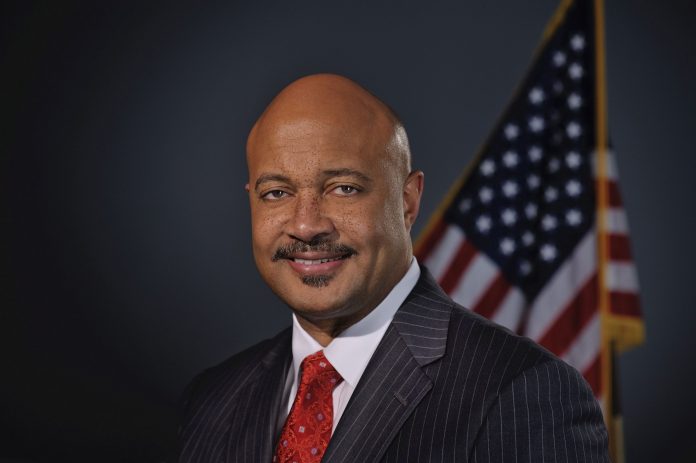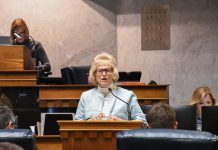Attorney General Curtis Hill on Monday filed a brief with the U.S. Supreme Court arguing for the preservation of the anti-robocall provisions of the federal Telephone Consumer Protection Act (TCPA). He and North Carolina Attorney General Joshua Stein co-authored the bipartisan brief, which is joined by 31 other states.
The TCPA, enacted in 1991, is a critical piece of federal consumer-protection legislation allowing states to sue illegal robocallers on their residents’ behalf. A decision in the Fourth Circuit U.S. Court of Appeals recently invalidated a portion of the act, potentially jeopardizing the entire federal robocall ban.
“No court has ever questioned the constitutionality of the TCPA’s robocall restriction, and we must ensure no such challenge is ever taken seriously,†Attorney General Hill said. “We have state laws prohibiting robocalls right here in Indiana, and we must defend our ability both at the federal and state levels to continue protecting Hoosiers from annoying and illegal robocalls.â€
The Office of the Indiana Attorney General receives more consumer complaints about nuisance phone calls than any other issue, Attorney General Hill said. Besides laws regulating robocalls, Indiana and other states also have separate restrictions on telemarketing calls of any type, even by live operators, to consumers who register for no-call lists.
“Indiana has a long history as a national leader protecting individual and residential privacy from unwanted telemarketing calls and defending state and federal telephone privacy laws from constitutional attack,†Attorney General Hill said. “Hoosiers place a high value on safeguarding peace and privacy without the disturbance of unwanted calls interrupting their routines at all hours of the day and night.â€
Attorney General Hill continues working with other states’ attorneys general, federal agencies and telephone service providers to develop better technologies and stronger regulations aimed at blocking nuisance phone calls, some of which are perpetrated by scammers and identity thieves.





